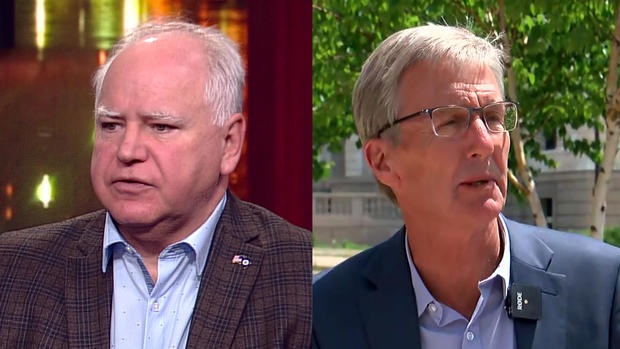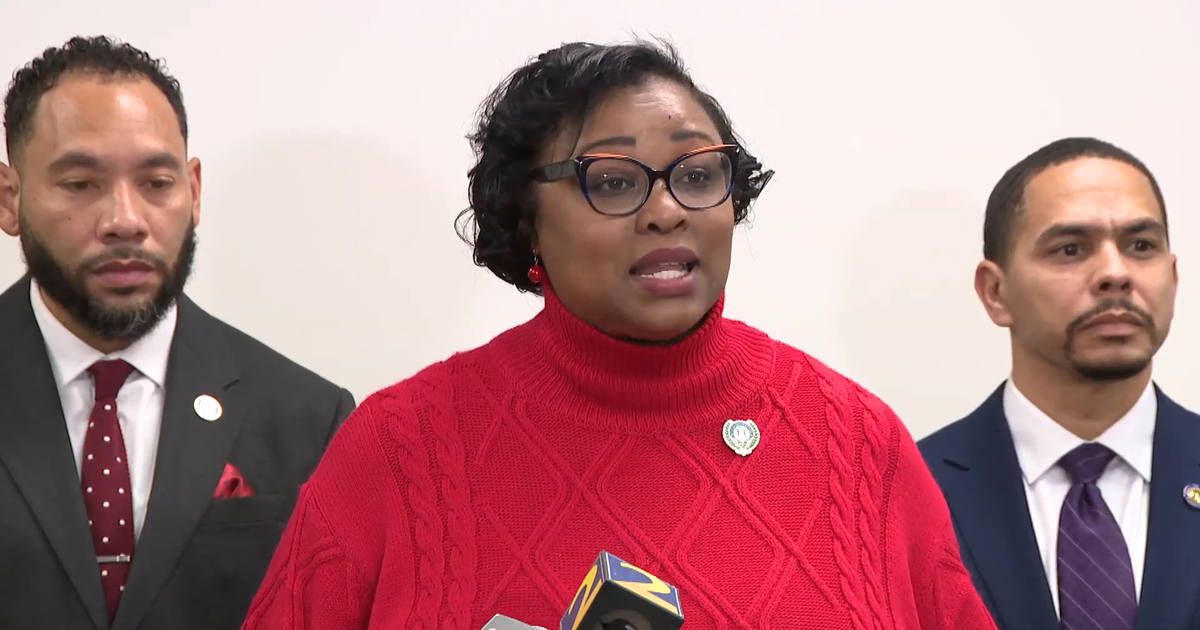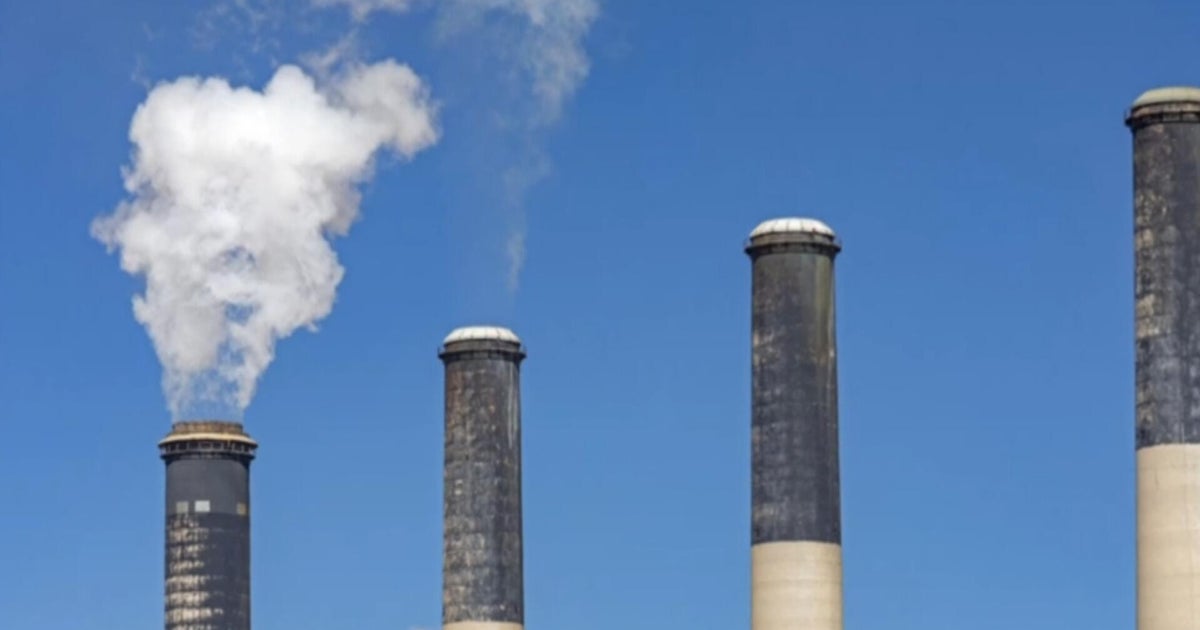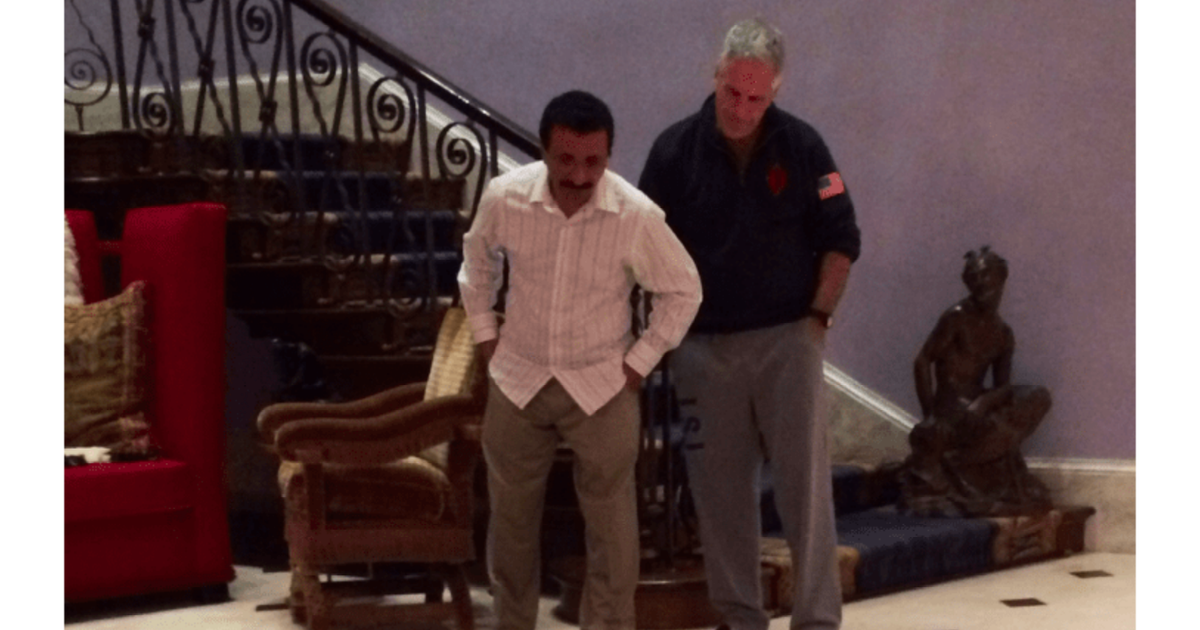Gov. Tim Walz has cash advantage over GOP candidate Dr. Scott Jensen, with $4.5M in the bank
ST. PAUL -- Democrat Gov. Tim Walz has a significant cash advantage over his GOP challenger Dr. Scott Jensen as the general election campaign takes shape, new campaign finance reports made public Wednesday show.
Walz, who is facing re-election this fall, amassed a $4.5 million war chest and raised $1.8 million since January, according to his latest filing. Jensen, a Chaska physician, brought in $472,000 during that same period and has $663,000 cash on-hand.
The Walz campaign touted their fundraising haul at this point in the cycle as a record for Minnesota gubernatorial campaigns, and said their donations reflect "grassroots support and DFL mobilization around reproductive rights and Roe v. Wade," the landmark Supreme Court case whose future is uncertain.
"Minnesotans know that Gov. Walz and Lt. Gov. Flanagan will always defend reproductive rights from anti-choice extremists," said Nichole Johnson, campaign manager for the Walz-Flanagan campaign. "Thanks to their support, our campaign will have the resources we need to compete in every corner of the state and to highlight the Walz-Flanagan vision for moving Minnesota forward on education, public safety, and economic opportunity."
The Jensen campaign said 20,000 unique donors have contributed, but it acknowledged Walz's money advantage in a statement Wednesday. In a tweet, Jensen included a screenshot of how much money Walz raised to mobilize his own donors.
"This campaign continues to be one of the people," Jensen said in a statement. "We will make one dollar go further than Tim Walz and his DFL machine can do with ten dollars. Because, we owe it to every Minnesota family who made it clear with their support that surging gas prices, out of control crime, and runaway inflation must end."
The reports represent the latest look at money the campaigns have fundraised since Jensen became the Minnesota Republican Party's endorsed candidate following the GOP state convention last month.
Jensen's filing shows that he spent more than $90,000 on advertising, signs and stickers, campaign videos, food and drink, and other fees for the convention, where he competed against other Republican candidates for the party's support.
Walz spent more than $360,000 on campaign mail as his single largest expenditure so far this year. A lot of his other spending was on payroll, according to the filing.
The reports reflect fundraising through the end of May. Jensen was only the presumptive GOP nominee for two weeks of that time, so future reports will show how Republicans are coalescing around him and if other voters also support him against Walz.
"Given the fact that this is seen as close, I wouldn't be surprised if the amount of money going to Dr. Jensen increases dramatically," said David Schultz, a political science professor at Hamline University.
But Walz's campaign funds put him at an advantage to lay out his message in the next six months against Jensen, who doesn't have the same name recognition, Schultz said.
"Money certainly isn't the be-all, end-all but money is very important because so much of elections are getting out the vote," he said. "So much of elections are about mobilizing people around messaging and you need money to do that."
A recent poll by MinnPost of likely general election voters showed 42% support Walz and 40% support Jensen, a slight edge for the incumbent.
The nonpartisan Cook Political Report rate Minnesota as likely going for Walz, a Democrat. A similar election forecaster at the University of Virginia rates Minnesota as "lean Democratic" in the gubernatorial race.
No Republican has won statewide office in Minnesota since 2006. But nationwide, Republicans have an edge heading into the midterms: President Joe Biden has low approval ratings and Americans are concerned about soaring gas prices and inflation.
Not to mention midterms generally favor the party that isn't in the White House.
That could all make an impact in Minnesota, Schultz said.
"At the end of the day there are other variables out there," said Schultz, noting Democrats national headwinds. "This could be a factor influencing whether democrats are excited to vote or not."
"There are issues such as inflation crime, the availability of infant formula—how all these things start to play out and how the candidates' positions on those as well as how they mobilize their base are going to be critical," he added.









